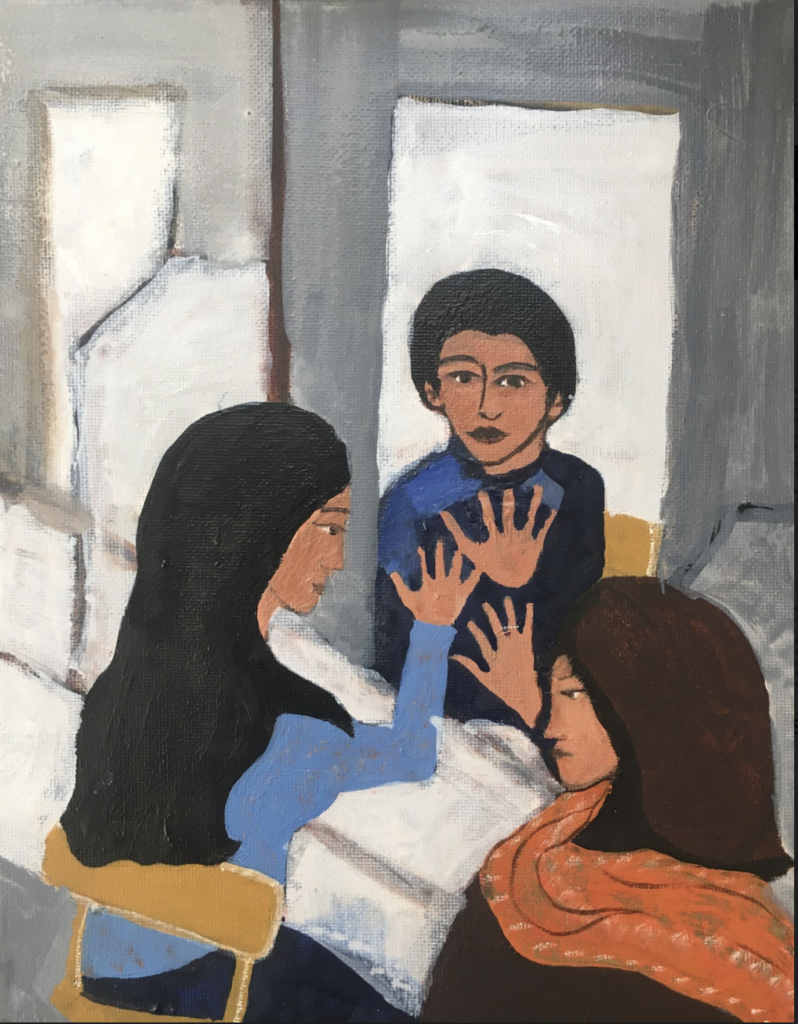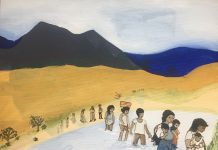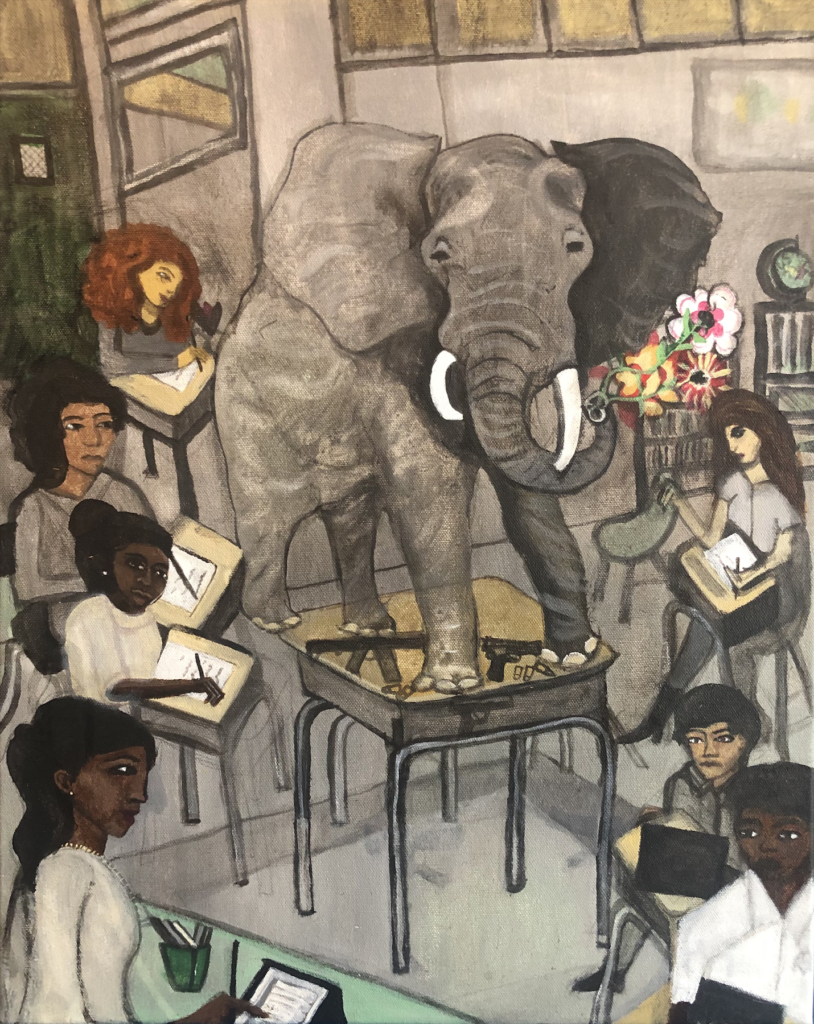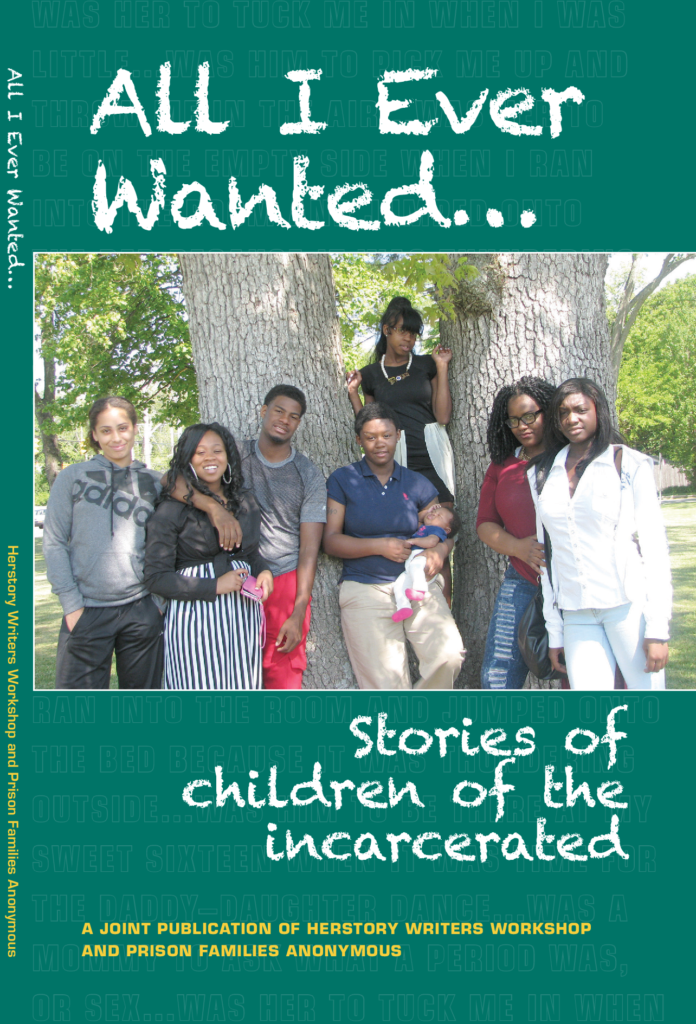
Our Mission
It is our mission to bring unheard voices, both near and far, into the public arena; to transform lived experiences into written memoirs powerful enough to change hearts, minds, and policy.
Our Vision
Through a quarter century of bringing people into small writing circles and providing the empathy-based tools to break silences together, we join hands to create a powerful grass roots literature that will champion a culture of equity, inclusion, and justice. Our facilitated writing workshops help people – no matter their level of education – break their silence, add their voices to the public discourse, and process the experiences that have shaped their lives.
Our vision is that over time silences will be broken, and previously unsung stories will be heard as we reach out to more women and men—young and old, incarcerated and free—in an ever-widening circle of languages and cultures across the United States and beyond.


Our Pedagogy
Our pedagogy is remarkably simple. It is based on daring an imaginary “Stranger/Reader” to care. The steps are seemingly streamlined and clear. To dare each new participant in a writing circle to confront the question, “If your words had the power to change a heart or mind or a policy, what would you want them to say?” Whether in a jail, or a school, or a community setting, the question is the same. That is how every new writing circle has come into being over 27 years.
It doesn’t matter if the participants are students, co-workers or family members who have known one another for years, or strangers just meeting for the first time. It is in imagining the answers aloud that participants begin to know one another in the deep ways that matter.
This is followed by the dare to imagine a moment in your life in which your journey which might help your reading stranger to walk in your shoes, to care enough to want to change the world.
The manifestations of this pedagogy are far reaching and profound, fast-forwarding people who have never written before into creating a grassroots literature which has a strength and beauty that becomes an important addition to the established cannon. In accepting the dare to help a “Stranger/Reader” to care, people whose sense of self-caring has been trampled find a new level of caring for the selves they have been, as they write to make them come alive on the page. With each new page, shared aloud, as each writer learns how to shape a story so that other people can hear, a new sense of power is very slowly, and very, very gradually, born. They rise up against the forces that have silenced and marginalized them and find a new sense of activism and purpose.

The trick is to use each new moment of writing and sharing to examine the origin of empathy, where it thrives, where it falters, to study it– not abstractly, but concretely. As the weeks go by, participants learn to dare one another to effectively shape every moment and scene to create a narrative powerful enough to engage even the most indifferent or judgmental reader. They dare themselves and one another to write to engage the most indifferent, cruel society in waking to the need for a change.

It is a game all can play on level ground, young and old, incarcerated and free. It doesn’t matter whether they are star students, or those whose lives make it impossible to concentrate on study. It doesn’t matter whether they are college professors, high school teachers, legislators, or people who have had very little formal education, but know their stories from the heart. It is an endeavor that can shift the power paradigm as new voices take a prominent place, changing hearts, lives, and policies, one story at a time.
Some come only for a few months to tell a particular story that needs to be told. Others come year after year, to develop a book length project. Some are with us only for the duration of a semester or a period behind bars. Others return after more than a decade to study the pedagogy in our Amy Maiello Hagedorn Training Institute, and build their lives around it, bringing it to still others, near and far.
After more than a quarter of a century, thousands have taken part in our Herstory workshops, people of all backgrounds and genders. Ten books have been born. Two collections of student stories are circulating nationwide. Our fellowship program, in partnership with the Humanities Institute at Stony Brook University and the Coalition for Community Writing has a national and international reach.

The Elephant in the Room Project came about 27 years after novelist and essayist Erika Duncan brought together a small group of women who had never written before around the dare to help a reading stranger to care. What began as a single workshop, based on the creation of reader empathy, has blossomed into a network, with first one workshop in a single community, and then another and another, as the words “imaginary stranger/reader” and “page one moment where that reader will find you” began to echo in Spanish and behind prison bars.
It came about 11 years after Herstory brought high school students into its fold in what is now our fastest growing program. As we work across the curriculum in a growing number of school districts, and as our empathy approach takes new roots through an increasing number of fellows reaching as far as Kenya and Afghanistan, we invite you to use this website to inspire new classroom activities and reading and writing projects.
As we continue our work in the Wyandanch school district, and in other schools throughout Long Island, we invite you, our “Stranger Readers” to dream alongside the young people whose stories are still in formation, as you think about your own elephants, with their pick floppy ears meant for listening. We invite you to listen and speak.
To read more about Herstory, we invite you to visit our primary website at www.herstorywriters.org We invite you also to visiting https://bravejourneys.org, the website that features the stories of 15 young writers in high school (ages 14-17) who crossed the Southern border by themselves.
To read more about the origin of Herstory and its pedagogy, we invite you to read Erika Duncan’s Introduction to Paper Stranger/ Shaping Stories in Community.
To order a copy of our student workbooks and story collection, click below




